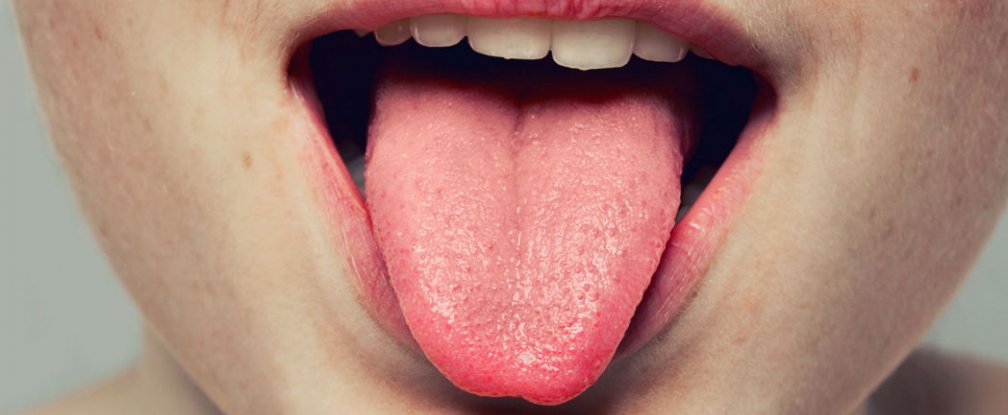It's common knowledge that there are five main tastes: sweet, sour, salty, bitter, and umami (savoury). But based on new research coming out the US, we can now add fat to that list, and scientists are hoping this discovery will help us figure out the underlying reasons for why so many people around the world overeat.
If the researchers can confirm the taste of fat, it's going to help us figure out the appeal of certain foods. On its own, fat might not be particularly tasty, but it could enhance other flavours in the same way that bitterness does. Many fat replacements for food ingredients are already on the market, but they focus on texture rather than taste, so the new research could lead to more effective ways of tackling fatty diets.
In other words, a healthier fat alternative could be made to not only taste the same, but feel the same on the tongue too.
"Our experiments provide a missing element in the evidence that fat has a taste sensation, and that it is different from other tastes," Richard Mattes, director of the Ingestive Behaviour Research Centre at Purdue University, told Roger Dobson at The Independent. "Identifying the taste of fat has a range of important health implications."
Umami, which refers to a meaty or savoury flavour, is the most recent new taste to make the official list, and was first used in 1908. The other four - sweet, sour, bitter, and salty - are far more established and go back centuries. The process of getting a new taste recognised won't happen overnight, but Mattes and his team are confident their findings are sound.
The researchers looked at the taste sensation of non-esterified fatty acids (NEFA) - also known as 'free fatty acids' - which are the basic building blocks of fat. Volunteers wearing nose clips were asked to sample a range of different food-grade substances, such as linoleic acid, caffeine, and glucose, where the only difference was taste. The fat was consistently identified by participants as having a distinctive taste to the other samples on offer.
"Many people described it as bitter or irritating and consistently unpalatable," says Mattes. "The research is difficult because we do not have a widely agreed-upon word to describe the sensation."
The new research has been published in the Chemical Senses journal and it's backed up by several other scientific studies. A report earlier this year in the journal Flavour found "a growing body of evidence from humans and other animal species" that fat should indeed be classified as the sixth taste. Official recognition could be several years off, however.
Fuente: www.sciencealert.com
